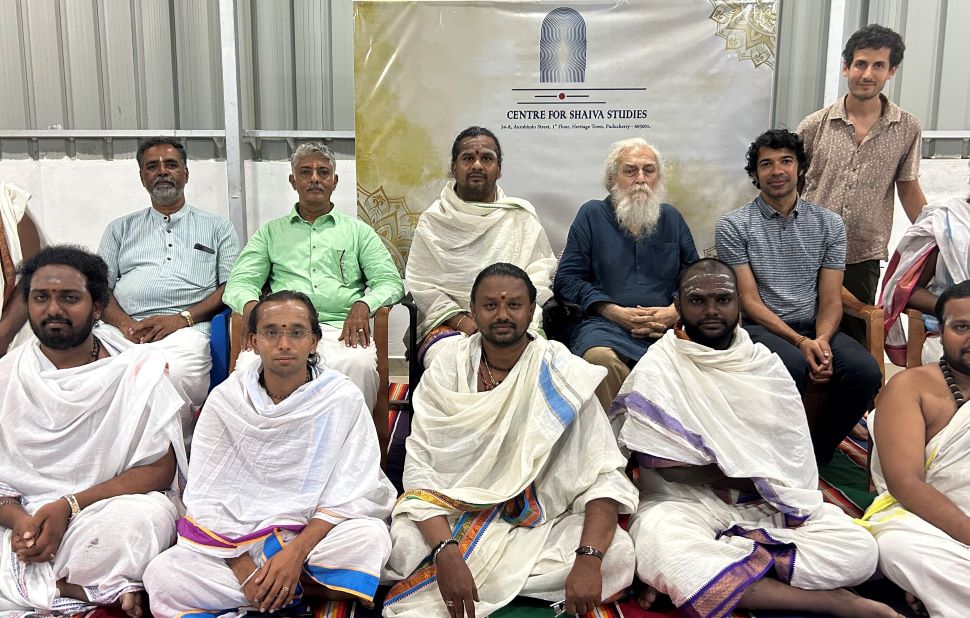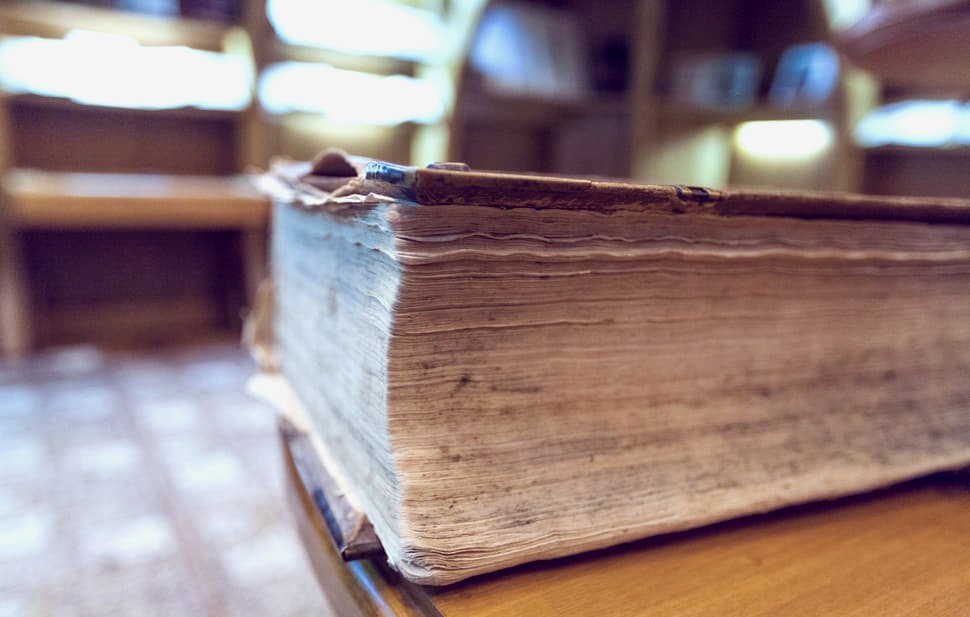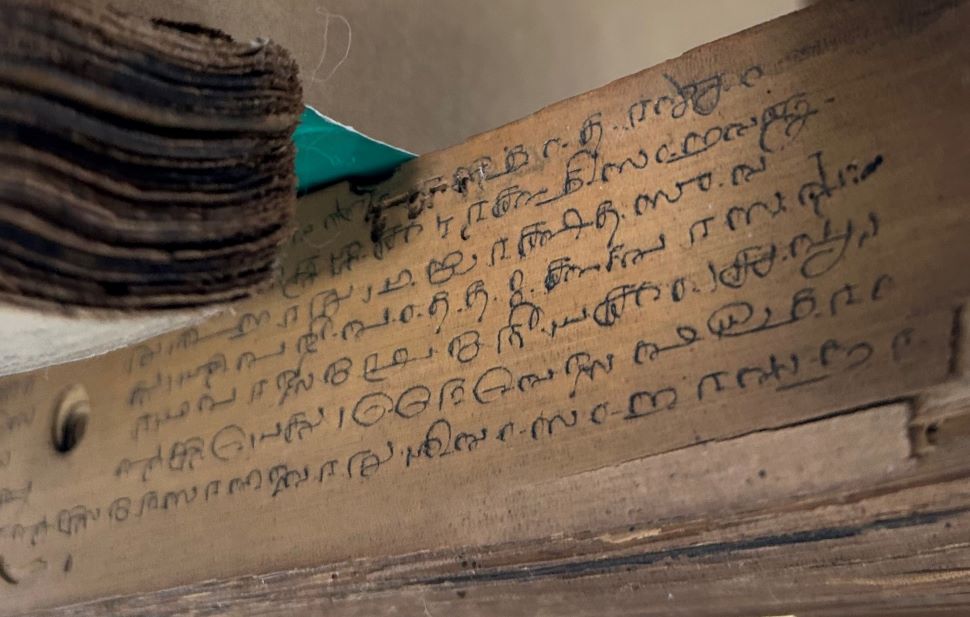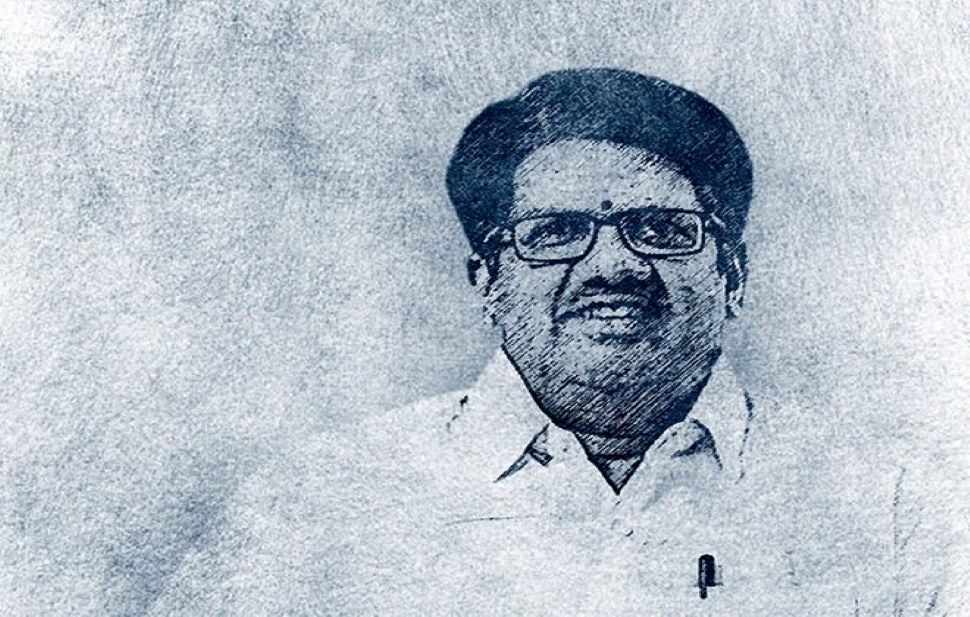The Centre for Shaiva Studies completed its first year on May 6th 2023. To mark the first-year anniversary, the Centre organized two lectures at its premises by very distinguished Śaiva scholars: Dr Mark Dyczkowski and Sri Karttikeya Sivam. The Centre also released the draft critical edition of the Tantrāvatārapaṭala of the Kāmikāgama (Pūrvabhaga). Sections from the draft critical were read out to the assembled audience by Dr Ganesan, who has been working on this prestigious project for the past year. Dr Ganesan at the start of the proceedings also spoke on the activities of the Centre over the past one year and laid out its vision for the future.
The first speaker, Sri Karttikeya Sivam, is a scholar of the Śaiva Āgamas trained in a traditional gurukulam and he is currently a professor at Sri Skandaguru Vidyalaya, Thirupparankunram, near Madurai. In his 45 minutes talk in Tamil, Sri Karttikeya Sivam spoke on the importance of preserving the Śaiva Āgamas as they are the storehouse of India’s ancient culture. He gave suggestions for the CSS to periodically organise small exhibitions for the public on various themes expounded in the Āgamas and how this stream of Śaivism could be propagated to a wider audience.
The next speaker, Dr Mark Dyczkowski, is a very senior Śaiva scholar specializing in the Śākta tantra tradition. He has published extensively including a 12-volume work on the Manthānabhairava Tantra and recently an edition and translation of Abhinavagupta’s Tantrāloka. He spoke on the need for more anthropological studies on the various paddhatis being used in various temples of South India and how such paddhatis differ from each other. Throughout his talk, he discussed the importance of academic scholarship engaging with the communities who are the heirs to the Āgama tradition.
The entire anniversary event lasted for 2 hours and it was attended by numerous scholars, students and the local Śaiva community. Through this gathering, we engaged with both scholars and lay person to disseminate the latest scholarship on Śaivism. The texts that we critically edit do not only belong to the scholars but to the community for whom the texts are alive and resonate with meaning. The Śaiva Āgamas are not mere historical curiosity but a living tradition whose texts continue to nourish every aspect of human life with their perennial wisdom. Therefore, along with doing critical academic work, the Centre for Shaiva Studies endeavours to engage with the community on every given opportunity.




